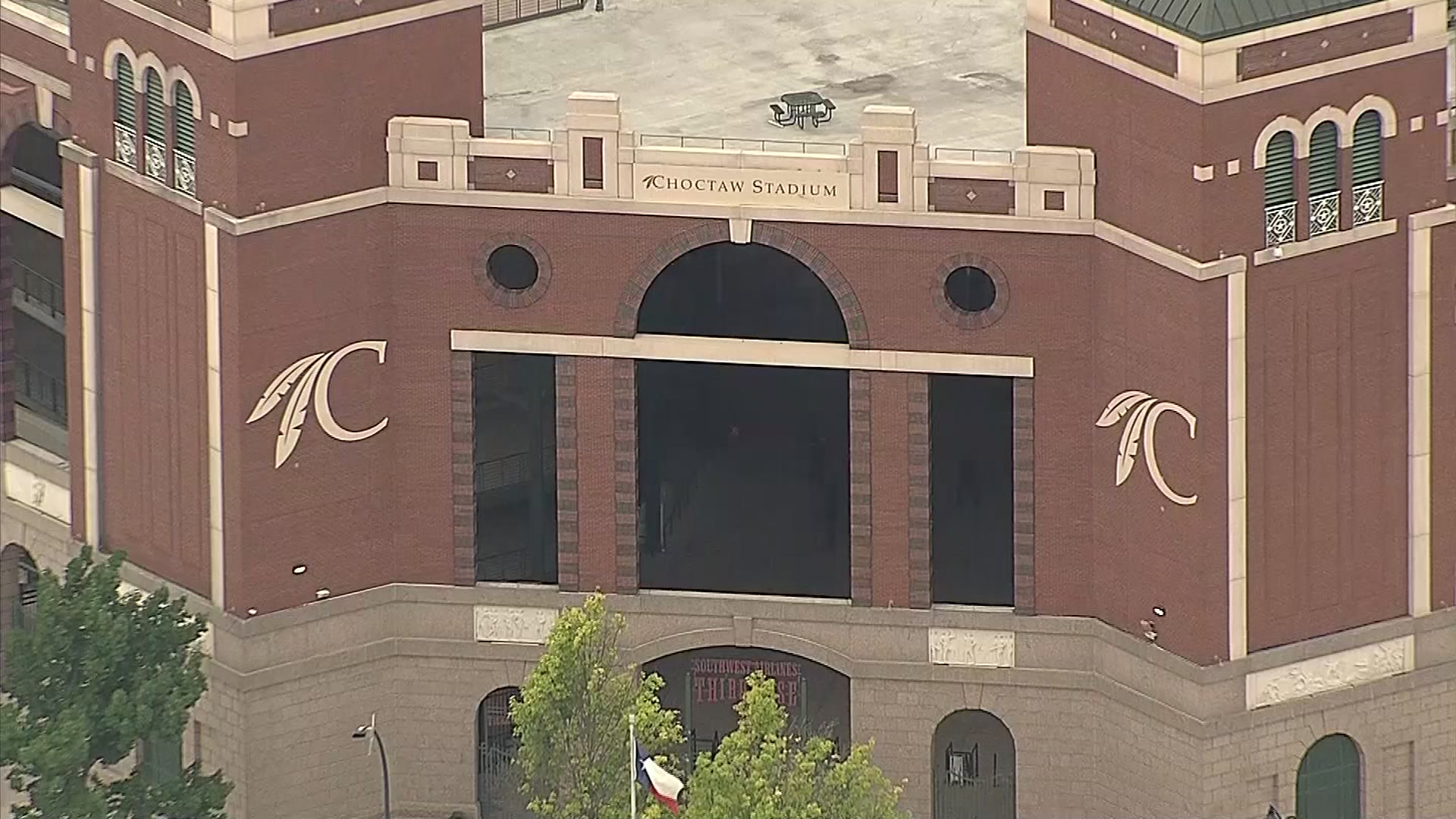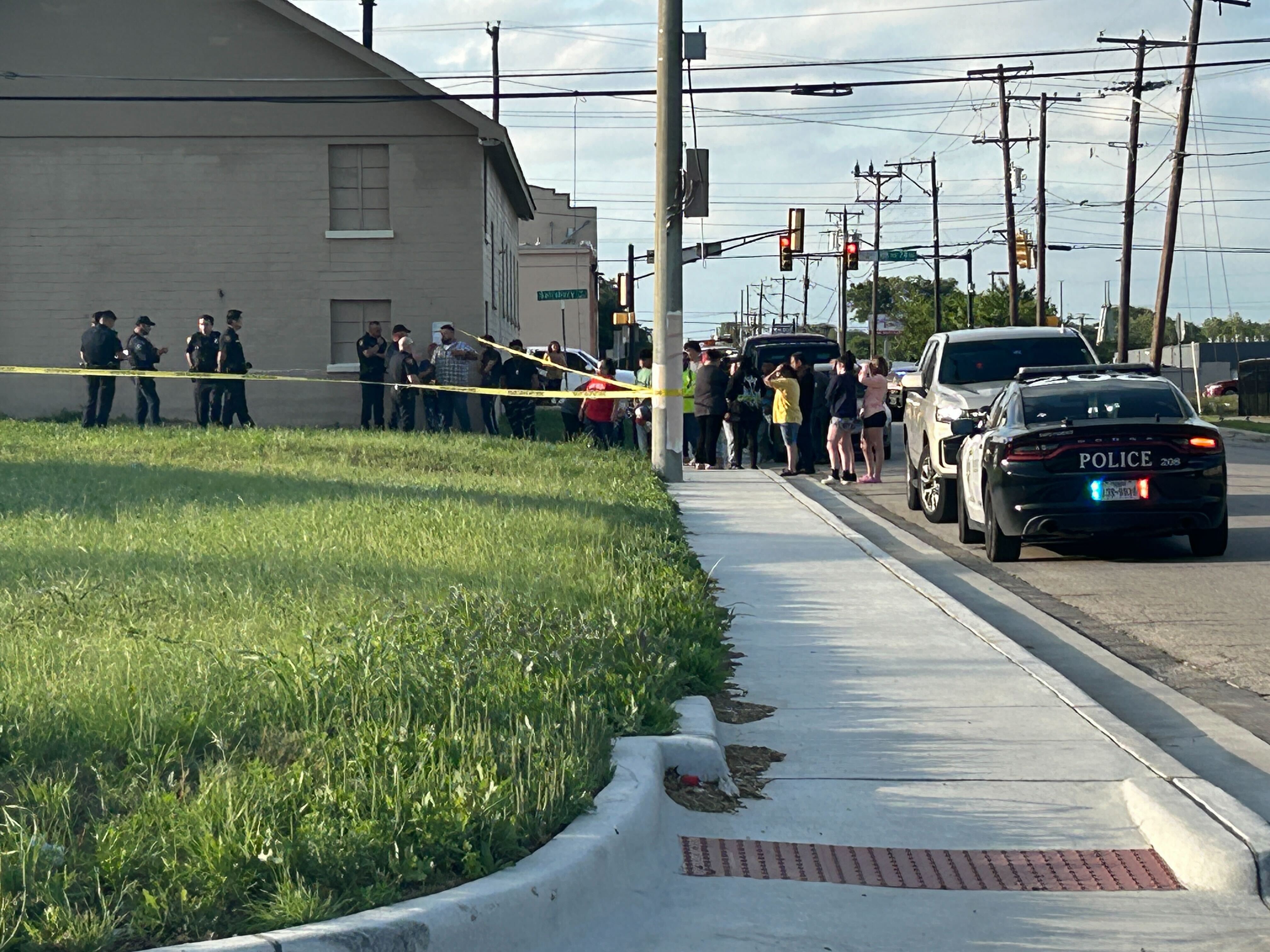Max Glauben, a survivor of the Holocaust and champion for the Dallas Holocaust and Human Rights Museum, died on Thursday. He was 94.
Glauben died early Thursday morning on Holocaust Remembrance Day after a battle with cancer, according to museum CEO and president Mary Pat Higgins.
“He embodies resilience. He overcame horrific tragedies that we can’t even imagine. He had a beautiful family, business, was a community leader and devoted almost every waking moment of his time to sharing his history,” Higgins said Thursday. “He really was not ready to concede that cancer was going to win this battle. He fought everything.”
The museum located by Dallas’ historic West End opened in September 2019 and was the culmination of a 40-year dream. Survivors of the Holocaust began sharing their stories in the 1970s but felt they could reach more people if there was a museum, Higgins said.
Get DFW local news, weather forecasts and entertainment stories to your inbox. Sign up for NBC DFW newsletters.
Higgins said at heart, Glauben was an educator and dedicated to telling the world what happened to him and millions of Holocaust victims, including his own family. His mother, father, and little brother were killed.
“I think it was really important to him because he was robbed of his education. He was 11 when war broke out in Poland,” Higgins said.
Once liberated, Glauben moved to the U.S. and eventually to Dallas. In an interview with NBC 5 in 2019 before the museum officially opened, he described the horrors he experienced as a child.
Local
The latest news from around North Texas.
“God upstairs allowed me to survive,” he said. “One thousand five hundred of us were tattooed with the 'KL' [which is] 'concentration camp' in German.”
At the museum, there is an interactive feature where Glauben and other survivors appear in holographic images. Guests are invited to ask questions, which include answers that were pre-recorded by survivors. They had been interviewed with more than 1,000 questions, including their experiences before, during, and after the Holocaust.
In his words, a holographic Glauben answered what it was like riding in a railcar to the death camps. The trip took about five days, he said.
“Loud. I didn’t know where my parents or my little brother were. We didn’t have any food to eat. No water,” he said. “I cannot describe the feeling of a youngster that didn’t commit a crime or didn’t do anything bad but was a member of a religion that somebody didn’t like. I couldn’t understand it. How we would do these horrible things to us.”
Inside the museum, there is a memorial dedicated to the family members of the survivors. Higgins said Glauben’s name will soon be added alongside his mother, father, and brother.
“He also was just driven to help people understand the consequence of prejudice and hatred. He wanted to eradicate hatred,” she said. “He set us on our way. It’s our job to continue with that work.”
For more information on the Dallas Holocaust and Human Rights Museum, click here.



